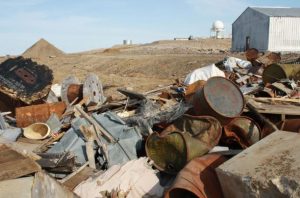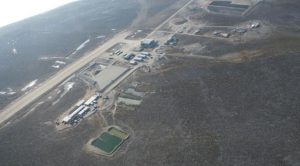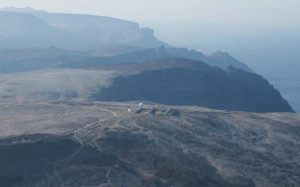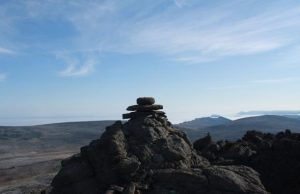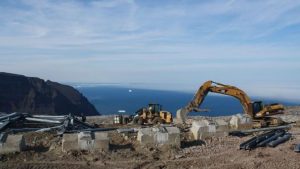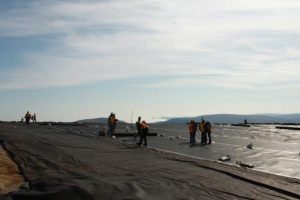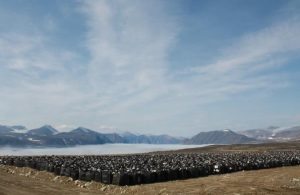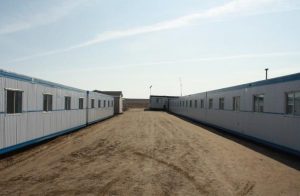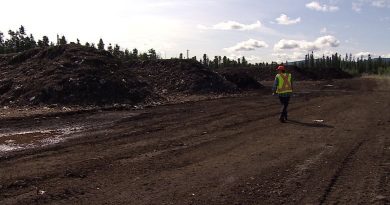FEATURE INTERVIEW: Cleaning up Canada’s Arctic radar sites
The Distant Early Warning Line system, known as the DEW Line, was a Cold War-era radar site that operated across northern Canada from 1958 to 1992.
Since then, a major project has been underway to clean up the over 40 radar sites, getting rid of everything from garbage to contaminated soil.
Recently, cleanup was completed on the Cape Dyer DEW Line site on Baffin Island in Canada’s eastern Arctic territory of Nunavut.
The project took nine years to complete.
Logistical challenges
Harry Flaherty is the president of Qikitaaluk Logistics, the Inuit-owned company involved in the cleanup.
He said his first view of the Cape Dyer site was a disturbing one.
“It’s very unpleasant to see one of these sites,” Flaherty said citing the garbage, contaminants and abandoned drums left behind.
The cleanup is no easy task. The extreme weather and the remoteness of the sites makes these cleanups challenging, but Flaherty says it’s worth it in the end.
“(At the beginning) there’s no sign of wildlife,” he said. “No plear bears, no foxes no ptarmigan.”
“But at the end of those nine years you can see the wild life slowly coming back trying to inhabit the island, and this is the most rewarding of all the project.”
To find out more about the challenges of these cleanup projects, I recently spoke with Harry Flaherty.
To listen to our conversation, click here.

